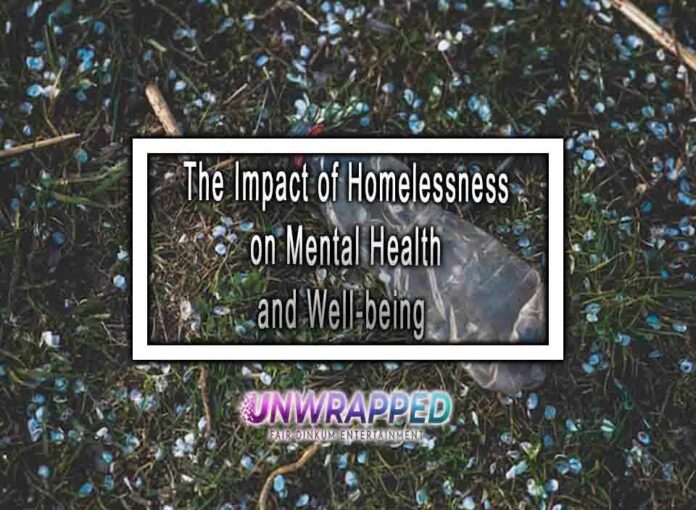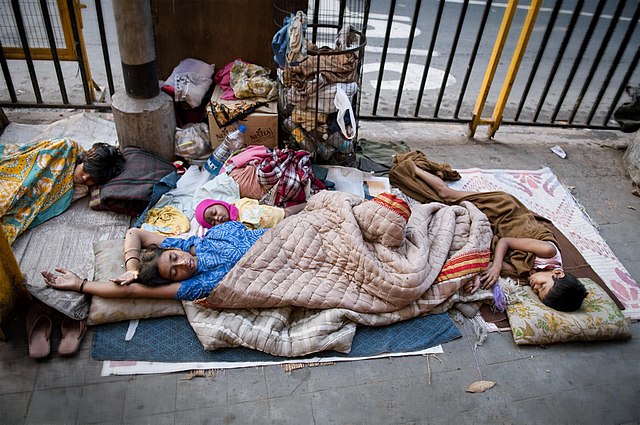Homelessness has profound and often devastating effects on mental health and well-being. The experience of homelessness can exacerbate pre-existing mental health conditions and contribute to the development of new challenges. Here are the key ways in which homelessness impacts mental health:
1. Increased Risk of Mental Health Disorders:
- Stress and Trauma: Homelessness exposes individuals to chronic stressors, traumatic experiences, and living conditions that can contribute to the development or exacerbation of mental health disorders.

2. Depression and Anxiety:
- Isolation and Hopelessness: The lack of stable housing, social isolation, and the daily struggle for survival can contribute to feelings of hopelessness, depression, and anxiety among individuals experiencing homelessness.
3. Post-Traumatic Stress Disorder (PTSD):
- Exposure to Trauma: Homelessness often involves exposure to traumatic events, such as violence, assault, or loss, which can increase the risk of developing PTSD.
4. Substance Abuse:
- Coping Mechanism: Substance abuse may become a coping mechanism for individuals experiencing homelessness, further complicating mental health issues and contributing to a cycle of addiction.
5. Sleep Disorders:
- Inadequate Shelter: Lack of a safe and stable sleeping environment can lead to sleep disorders, which, in turn, affect mental health and cognitive functioning.
6. Suicidal Ideation and Attempts:
- Despair and Isolation: Feelings of despair, isolation, and the struggle for survival can contribute to an increased risk of suicidal ideation and attempts among individuals experiencing homelessness.
7. Challenges in Accessing Mental Health Care:
- Limited Resources: Individuals experiencing homelessness often face barriers in accessing mental health care due to limited resources, lack of insurance, and societal stigmatization.
8. Cognitive Impairments:
- Malnutrition and Health Issues: Limited access to nutritious food, exposure to the elements, and lack of proper healthcare contribute to cognitive impairments that affect mental well-being.
9. Loss of Identity and Dignity:
- Stigmatization: The societal stigma associated with homelessness can lead to a loss of identity and dignity, impacting self-esteem and mental health.
- Housing First Programs: Prioritize providing stable housing as a first step to address the immediate needs of individuals experiencing homelessness.
- Access to Mental Health Services: Increase access to mental health care through outreach programs, mobile clinics, and community-based services.
- Trauma-Informed Care: Implement trauma-informed care approaches to address the underlying experiences of trauma that contribute to mental health challenges.
- Social Support and Community Integration: Foster social support networks and community integration to combat social isolation and provide a sense of belonging.
- Education and Employment Opportunities: Create pathways for education and employment to empower individuals and enhance their self-esteem and well-being.
- Substance Abuse Treatment: Provide accessible and comprehensive substance abuse treatment programs as a crucial component of mental health support.
Recognizing the interconnectedness of housing and mental health is essential for developing effective strategies to address homelessness and its profound impact on well-being. It requires collaboration between governmental agencies, non-profit organizations, healthcare providers, and communities to create holistic solutions that prioritize both stable housing and mental health support.











